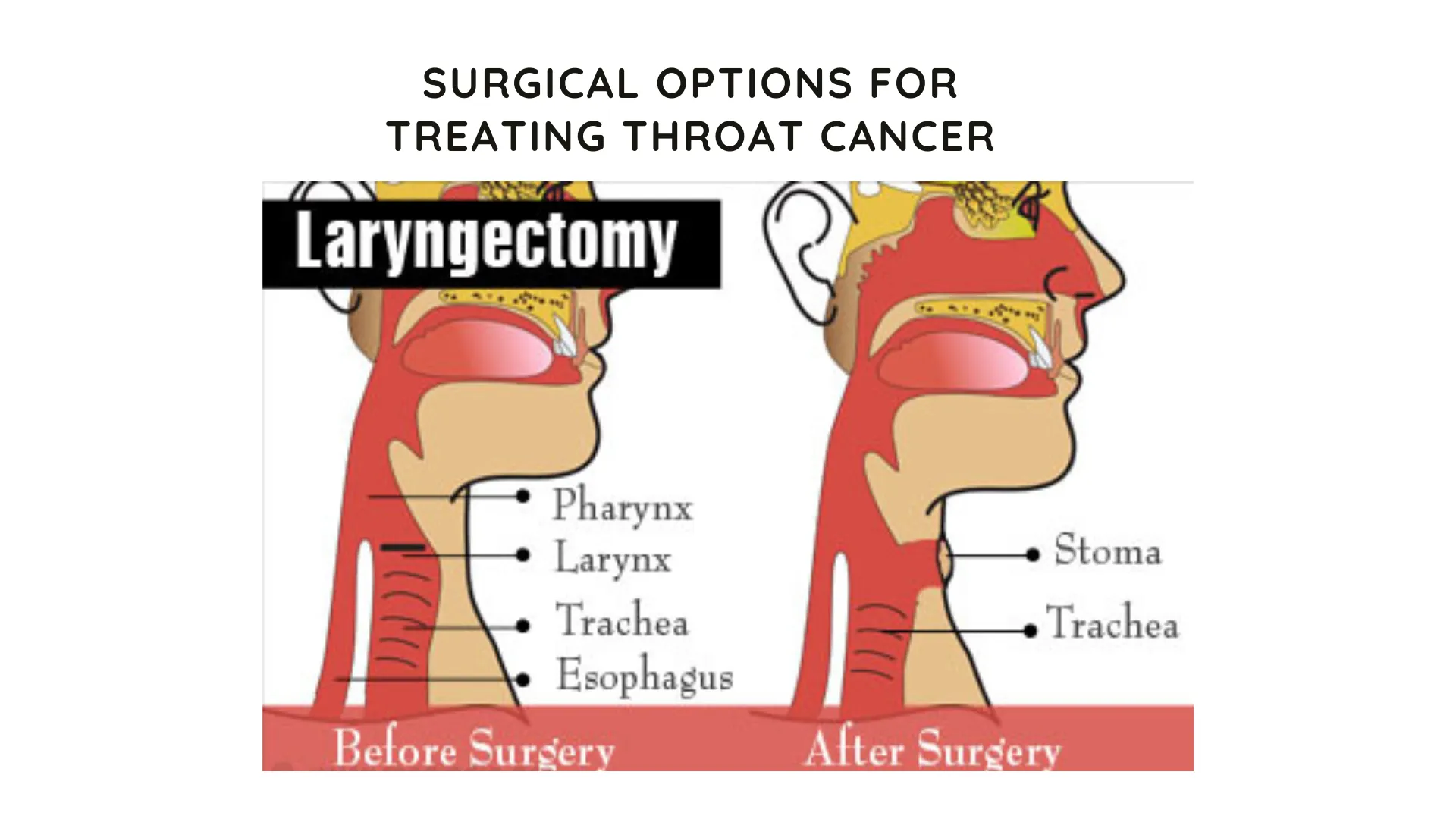Oral and neck cancers can often develop silently, with symptoms that might be mistaken for less severe conditions. The improvement of treatment results and survival rates depends on early identification. This guide highlights the warning signs you should watch out for and when to consult a specialist for further evaluation.
Understanding Oral and Neck Cancer
Oral cancer typically affects the mouth, lips, tongue, and throat, while neck cancer encompasses cancers in the throat, larynx, and lymph nodes. Together, they can severely impact functions like speaking, eating, and breathing if not diagnosed and treated promptly.
Common Warning Signs
While some symptoms might seem minor, persistent or unusual changes in your mouth, neck, or throat warrant attention. Here are some key indicators to watch out for:
1. Persistent Sores or Ulcers
- Mouth or lip sores that do not heal in two weeks.
- Ulcers that are painful or bleed easily.
2. Lumps or Thickened Tissues
- A lump in the neck, mouth, or throat that feels abnormal.
- Thickened areas or patches inside the mouth.
3. Difficulty Swallowing or Speaking
- Trouble swallowing food or liquids.
- Hoarseness or changes in voice that persist.
4. Unexplained Pain or Numbness
- Pain in the mouth, jaw, or neck that persists over time.
- Numbness in the tongue, lips, or other oral tissues..
5. Red or White Patches
- Red, white, or mixed patches inside the mouth.
- These could be signs of precancerous conditions known as leukoplakia or erythroplakia.
6. Unexplained Weight Loss
- A lump that feels unusual in the throat, mouth, or neck.
7. Swollen Lymph Nodes
- Swelling in the neck lasting several weeks.
- Enlarged lymph nodes without signs of infection.
8. Persistent Bad Breath
- Oral hygiene practices do not alleviate persistent foul breath.
9. Changes in Fit of Dentures
- Dentures suddenly feeling uncomfortable or loose.
- Changes in the alignment of teeth or jaw structure.
When to Consult a Specialist
If you notice any of the symptoms mentioned above persisting for more than two weeks, it’s time to consult a specialist. In order to improve treatment results and survival rates, early identification is essential. A professional will undertake an in-depth evaluation, which may include:
- Physical examination of the mouth and neck.
- Imaging examinations include x-rays, CT scans, and MRIs.
- A biopsy is performed to confirm the existence of cancer cells.
Preventive Measures
While it’s essential to know the warning signs, taking preventive steps can lower your risk of developing oral and neck cancer:
- Avoid tobacco in all forms.
- Limit alcohol consumption.
- Maintain good oral hygiene.
- Protect yourself from HPV by considering vaccination.
- Schedule regular dental check-ups for early detection.
Your Partner in Cancer Care
If you’re experiencing any of the warning signs or need guidance in your cancer journey, our team is here to help. Early intervention is key, and we’re dedicated to providing expert care and personalized treatment plans to ensure the best possible outcomes.
Book an appointment today and take the first step toward protecting your health.






